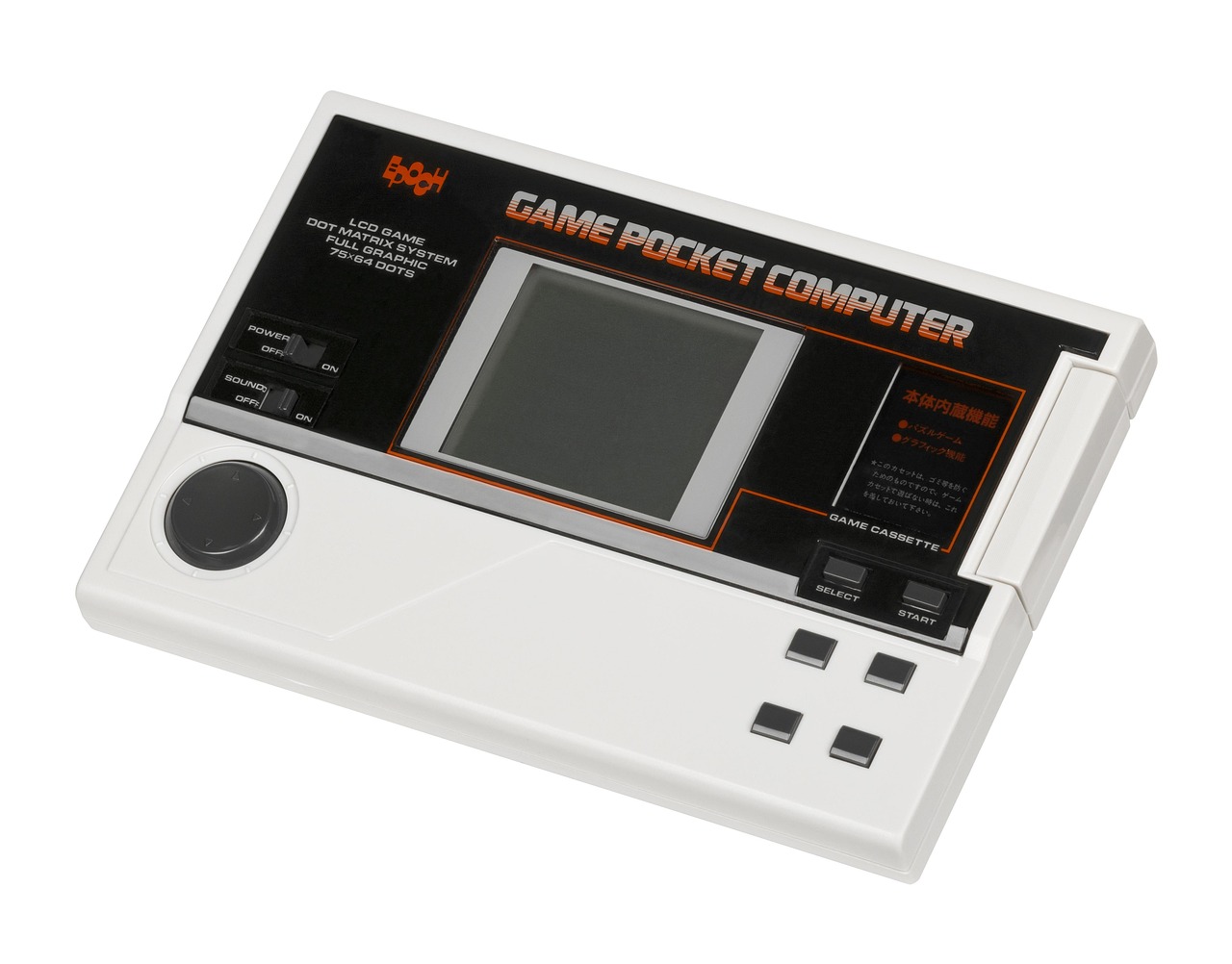Igniting curiosity and fostering a love for learning can start at a young age, and there’s no better way to do that than through the captivating world of kids science. From simple kitchen experiments to exploring the vastness of space, science offers endless opportunities for discovery and understanding. This blog post explores the many facets of kids science, providing insights, ideas, and resources to help parents and educators inspire the next generation of scientists.
Why is Science Important for Kids?
Science is more than just memorizing facts and formulas; it’s about developing critical thinking skills, fostering curiosity, and understanding the world around us. Introducing science to children early can lay a strong foundation for future academic success and cultivate a lifelong passion for learning.
Benefits of Early Science Education
- Develops Critical Thinking: Science encourages kids to ask questions, analyze information, and draw conclusions based on evidence.
- Enhances Problem-Solving Skills: Scientific experiments require children to identify problems, develop hypotheses, and test solutions.
- Fosters Curiosity: Science sparks curiosity about the natural world and encourages kids to explore and investigate.
- Improves Observation Skills: Scientific activities often involve careful observation and recording of data.
- Boosts Creativity: Science provides opportunities for creative thinking and innovation as kids develop new ideas and solutions.
Statistics on Science Education
Studies show that students who participate in hands-on science activities perform better in science and other subjects. According to the National Science Foundation, early exposure to STEM (Science, Technology, Engineering, and Mathematics) fields is crucial for future innovation and economic growth. Encouraging kids science is an investment in their future and the future of society.
Fun Science Activities for Kids
Learning science doesn’t have to be confined to the classroom. There are countless fun and engaging science activities that can be done at home or in informal settings. These hands-on activities make learning an enjoyable experience and help kids grasp scientific concepts more easily.
Kitchen Science Experiments
Your kitchen is a treasure trove of scientific possibilities. Use everyday ingredients to conduct simple yet fascinating experiments.
- Baking Soda and Vinegar Volcano: A classic experiment demonstrating a chemical reaction. Combine baking soda and vinegar to create a fizzing volcano.
- Homemade Lava Lamps: Use oil, water, food coloring, and Alka-Seltzer tablets to create a mesmerizing lava lamp. This demonstrates density and convection.
- Crystal Growing: Dissolve borax in hot water and let it cool to grow beautiful crystals on a pipe cleaner. This teaches about saturation and crystallization.
- Homemade Butter: Shake heavy cream in a jar until it turns into butter. Demonstrates the separation of fat molecules.
Outdoor Science Adventures
Take science outside and explore the natural world.
- Nature Walk: Explore your local park or backyard and collect leaves, rocks, and insects. Identify different species and discuss their habitats.
- Planting a Garden: Grow your own vegetables or flowers and learn about plant life cycles, photosynthesis, and the importance of pollinators.
- Building a Bird Feeder: Attract birds to your yard and observe their behavior. Learn about different bird species and their feeding habits.
- Stargazing: Use a telescope or binoculars to explore the night sky. Identify constellations and planets and learn about astronomy.
Engaging Science Resources for Kids
There are numerous resources available to support kids science learning, including books, websites, and educational kits. These resources provide valuable information and engaging activities that can enhance the learning experience.
Science Books and Magazines
- National Geographic Kids: Offers a wide range of science books and magazines with stunning visuals and informative content.
- DK Science Encyclopedia: A comprehensive reference book covering various scientific topics in an accessible and engaging manner.
- Highlights Magazine: Features science-related articles, puzzles, and activities that are both educational and entertaining.
Online Science Websites and Apps
- NASA Kids’ Club: Provides interactive games, activities, and videos about space exploration and astronomy.
- Science Kids: Offers a wealth of science experiments, facts, and games for kids of all ages.
- Khan Academy Kids: Features a comprehensive science curriculum for preschool and elementary-aged children.
- Tinkerlab: A website with creative science and art projects designed to inspire curiosity and innovation.
Science Kits and Toys
- Snap Circuits: Electronic building blocks that allow kids to create working circuits and learn about electronics.
- Crystal Growing Kits: Provide everything you need to grow your own crystals and learn about geology.
- Microscopes: Allow kids to explore the microscopic world and discover the wonders of biology.
- Telescopes: Enable kids to observe celestial objects and learn about astronomy.
Encouraging Scientific Thinking
Beyond specific activities and resources, it’s essential to foster a scientific mindset in children. This involves encouraging them to ask questions, explore their environment, and think critically about the world around them.
Asking Open-Ended Questions
Instead of giving direct answers, ask open-ended questions that encourage kids to think critically and explore different possibilities. For example, instead of saying “This is how a plant grows,” ask “What do you think plants need to grow?”
Supporting Exploration and Experimentation
Provide opportunities for kids to explore their environment and experiment with different materials. Let them get messy and make mistakes – this is how they learn.
Modeling Scientific Thinking
Show kids how you use scientific thinking in your own life. Talk about the questions you have, the experiments you conduct, and the conclusions you draw.
Conclusion
Kids science is a gateway to a world of discovery, wonder, and understanding. By providing children with engaging activities, valuable resources, and a supportive environment, we can inspire the next generation of scientists and cultivate a lifelong love for learning. From simple kitchen experiments to exploring the vastness of space, the possibilities are endless. So, let’s encourage kids to ask questions, explore their environment, and unlock the magic of science!



